COVID-19 New Variants in India: Active Cases Cross 1,000
COVID-19 new variants in India push active cases past 1,000, with JN.1 dominant and four fresh strains detected, WHO monitoring spread.

Symnolic Photo
New Delhi — COVID-19 new variants in India are driving an increase in cases, with active infections rising to 1,081, according to Indian media reports. On Tuesday, Karnataka reported 36 new cases, Gujarat 17, Bihar 6, and Haryana 3.
Kerala leads with 430 active cases, while Gujarat confirmed 13 recoveries.
First COVID-19 Death Linked to New Variant in Uttar Pradesh
In Firozabad, Uttar Pradesh, a 78-year-old man died while under treatment, marking the state’s first COVID-19 death linked to a new variant in India. Nationwide, 12 more deaths have been reported in Maharashtra, Rajasthan, West Bengal, Karnataka, and Madhya Pradesh.
Four COVID-19 New Variants Detected in India
Dr. Rajiv Bahl, Director of the Indian Council of Medical Research (ICMR), confirmed four COVID-19 new variants in India: LF.7, XFG, JN.1, and NB.1.8.1. Some were identified through genome sequencing of samples from southern and western states.
He noted the situation is “not alarming” but urged people to remain cautious.
WHO Monitoring and Variant Spread
The World Health Organization (WHO) has placed these variants “under monitoring” rather than labeling them “variants of concern.”
Among them, JN.1 has become the most widespread in India, detected in over half the tested samples. BA.2 accounts for 26%, and other Omicron subvariants make up 20%.
According to WHO’s latest COVID-19 update, JN.1 belongs to the Omicron BA.2.86 lineage and was first identified in August 2023. By December, WHO categorized it as a “variant of interest.”
Spread, Severity, and Long-Term Impact
Research from Johns Hopkins University indicates that JN.1 spreads faster than earlier strains but rarely causes severe illness. NB.1.8.1, however, carries multiple spike protein mutations, helping it bypass vaccine or infection-based immunity.
Symptoms of JN.1 may last days to weeks, and doctors warn prolonged illness could be a sign of Long COVID.


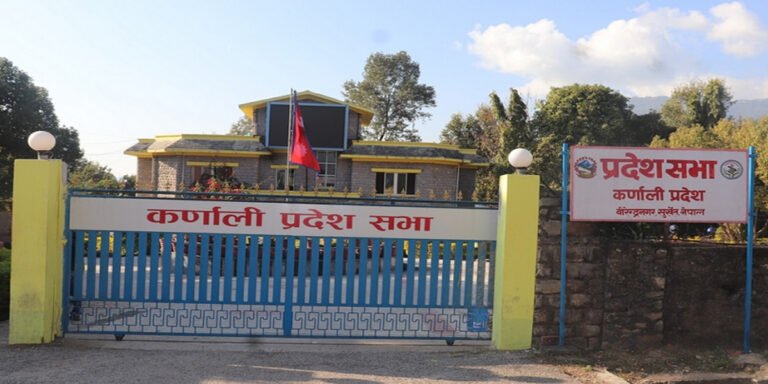


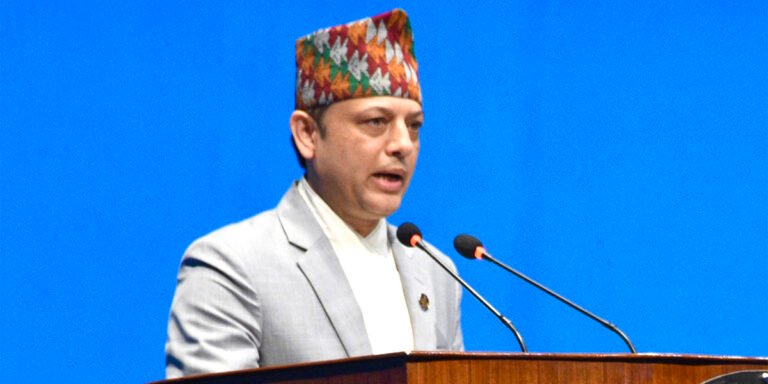
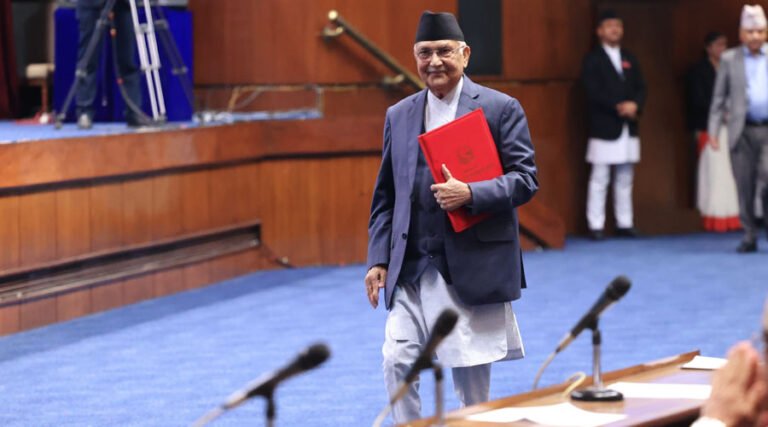


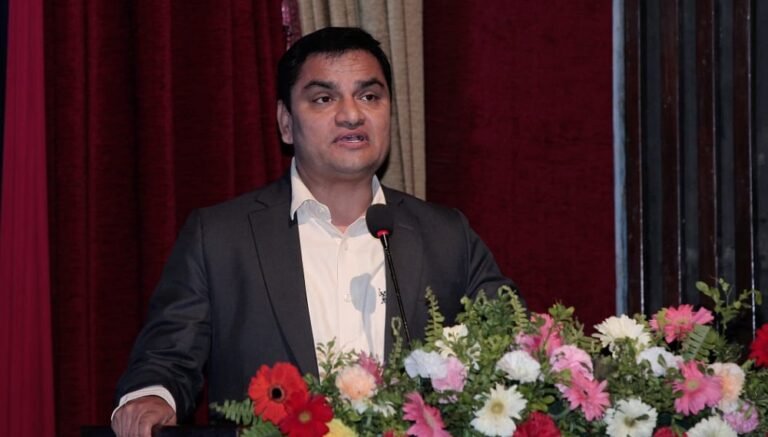
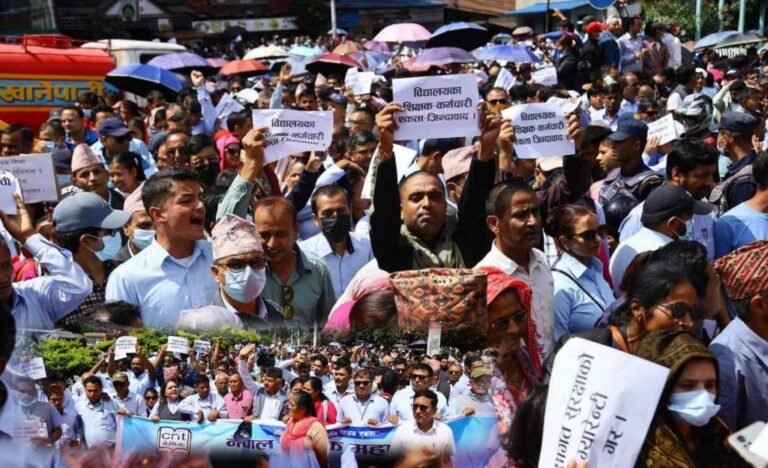
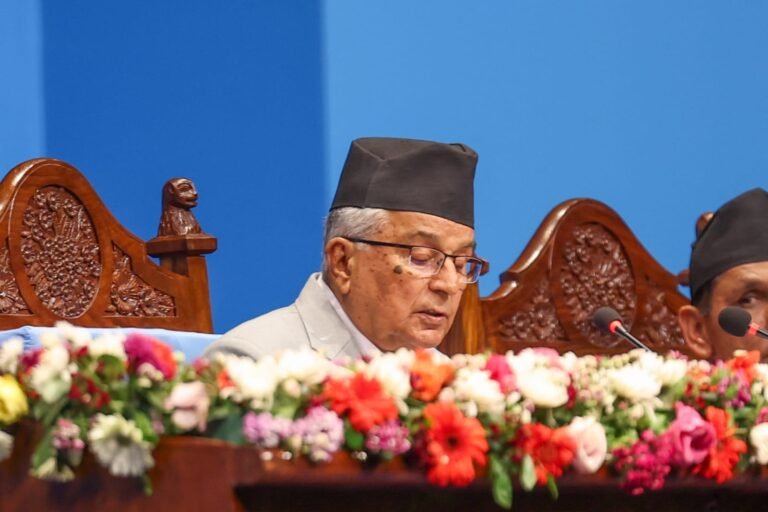

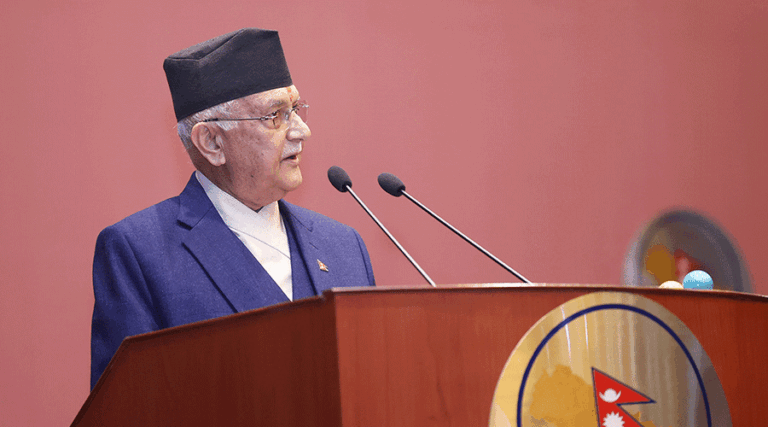
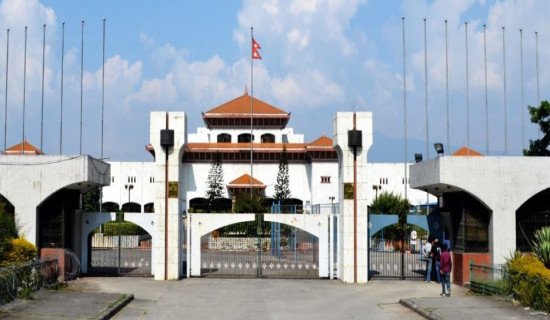
Please login to leave a comment.
Login to Comment